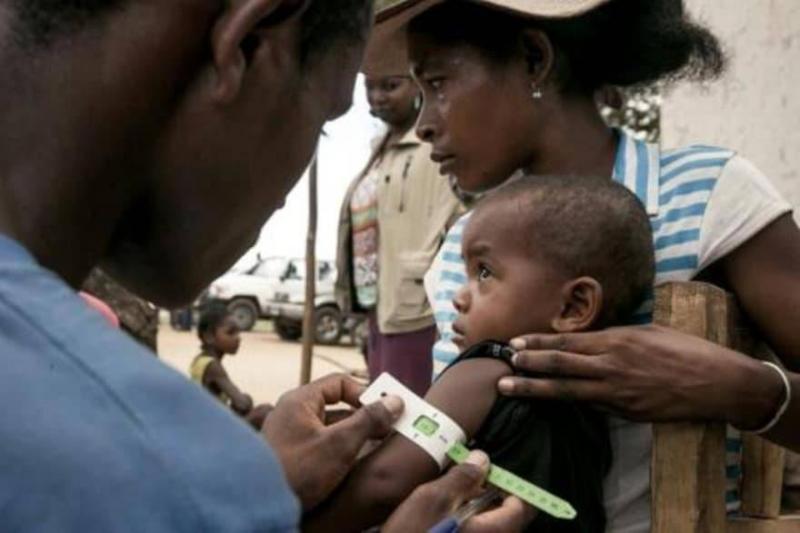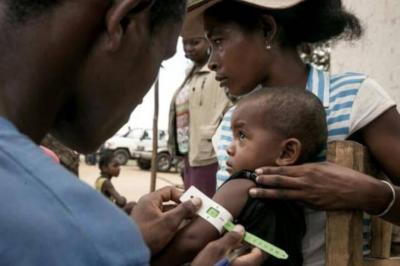The World Food Program and the United Nations Children's Fund (UNICEF) warned that over half a million children are at risk of severe malnutrition in southern Madagascar, where a drought is impacting their growth irreparably. Currently, more than 1.14 million people are suffering from food insecurity in southern Madagascar, with the risk that the number of people living in "catastrophic" conditions could double to 28,000 by October, according to the two international agencies. They cautioned in a statement that the number of children suffering from severe malnutrition is likely to increase fourfold compared to the last assessment conducted in October 2020.
Five consecutive years of declining rainfall have devastated crops and deprived many in the region of access to food, with expectations that conditions will worsen as the dry season approaches. Momini Widrago from the World Food Program in Madagascar stated, "What is currently happening in southern Madagascar is heartbreaking. We cannot ignore these children whose lives are at stake," calling for "doubling efforts" to raise the necessary funds.
The rates of severe malnutrition are particularly high in the most affected area of Ambovombe-Androy, where more than three-quarters of the population is affected by a disastrous combination of drought and COVID-19 infections, exacerbated by deteriorating health conditions and health facilities amidst a lack of safe water. Michel Sant-Lout from UNICEF in Madagascar reported an urgent need for action to prevent a "more dangerous" situation.
Most residents of southern Madagascar depend on agriculture, livestock, and fishing. Food production has significantly declined since 2019. The shortage of basic foods in markets is also leading to rising prices, the two UN agencies reported, noting that they have been working with the government since last year to address the famine crisis.




